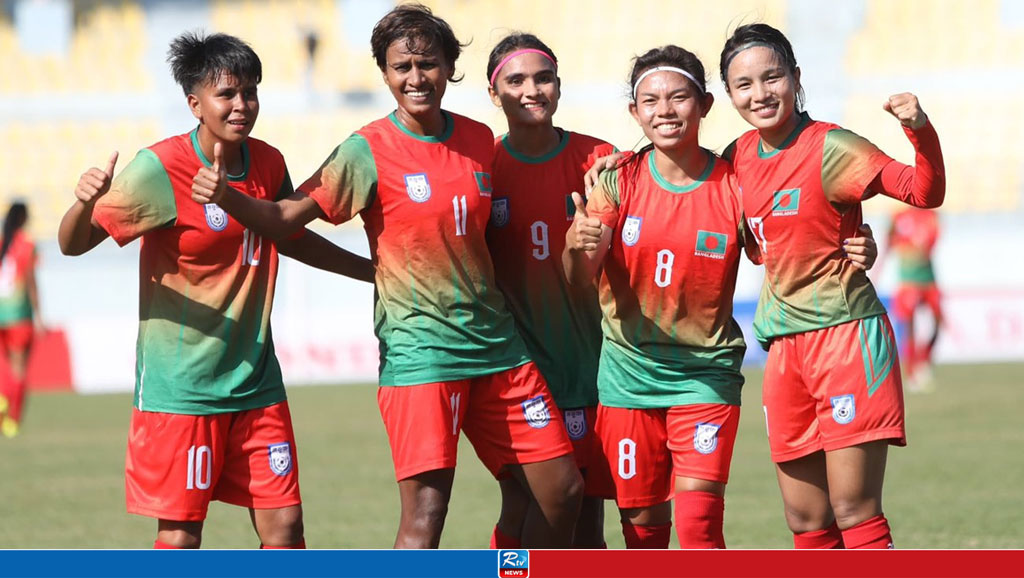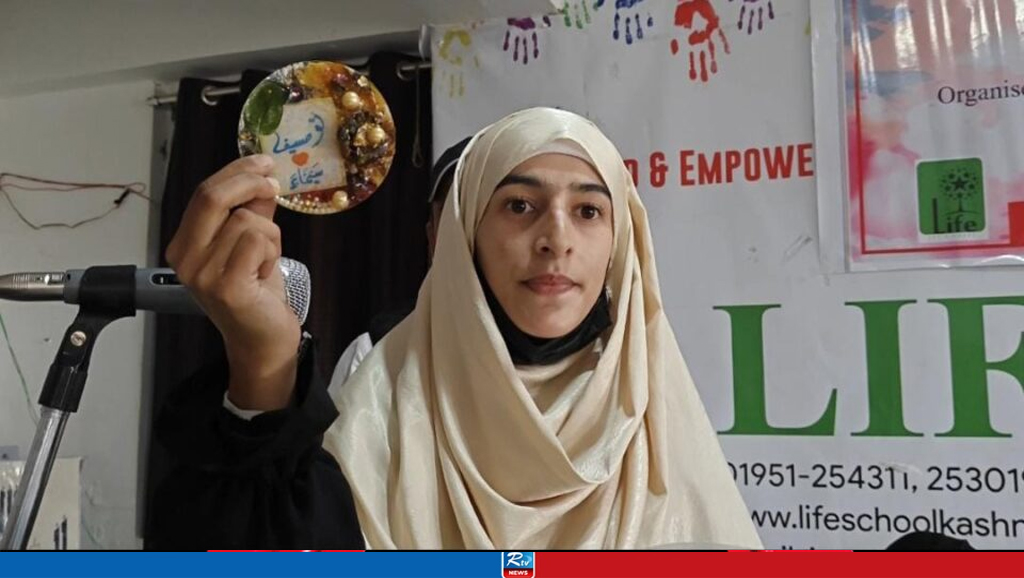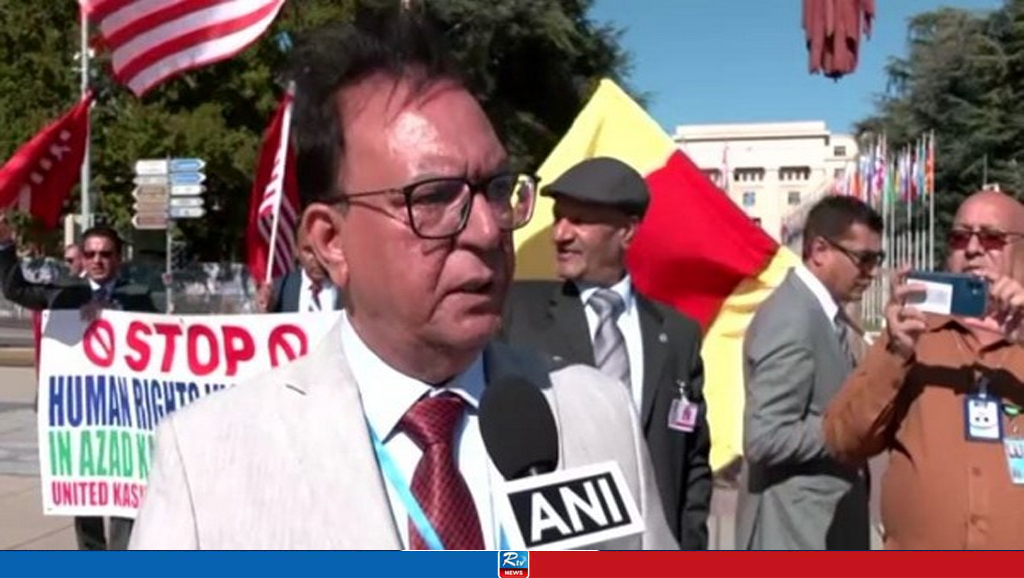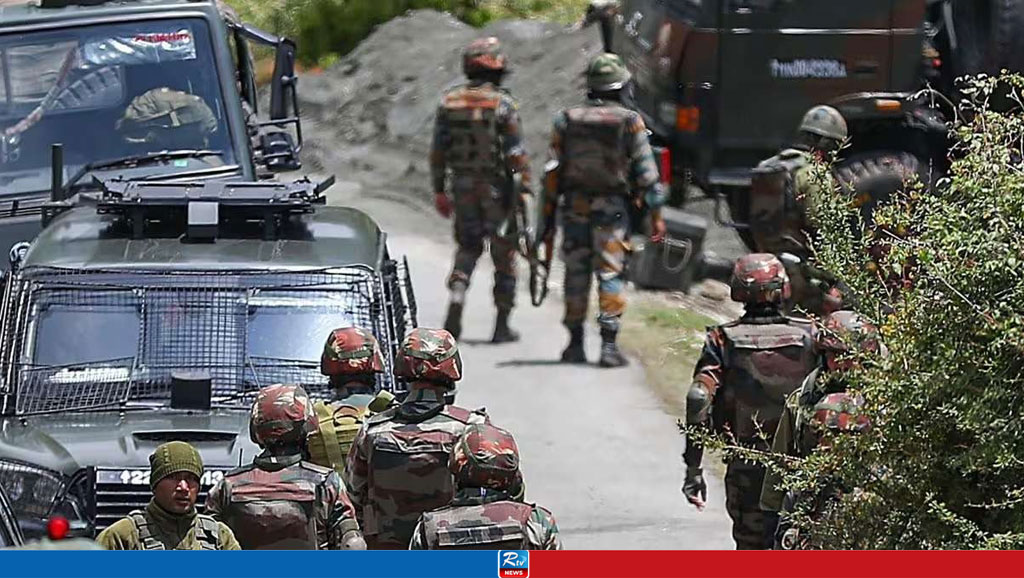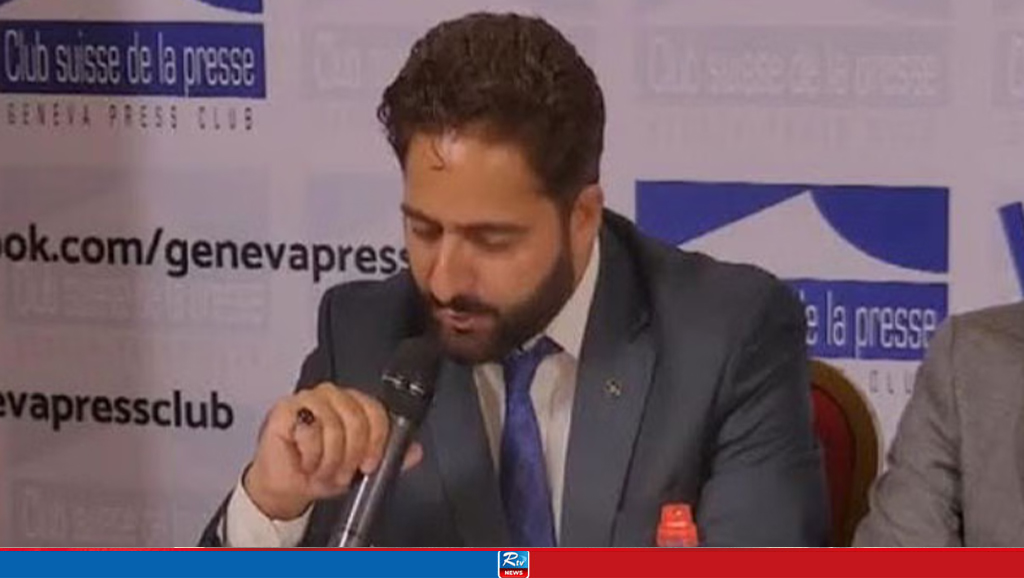India Sees Remarkable Winter Sports Transformation
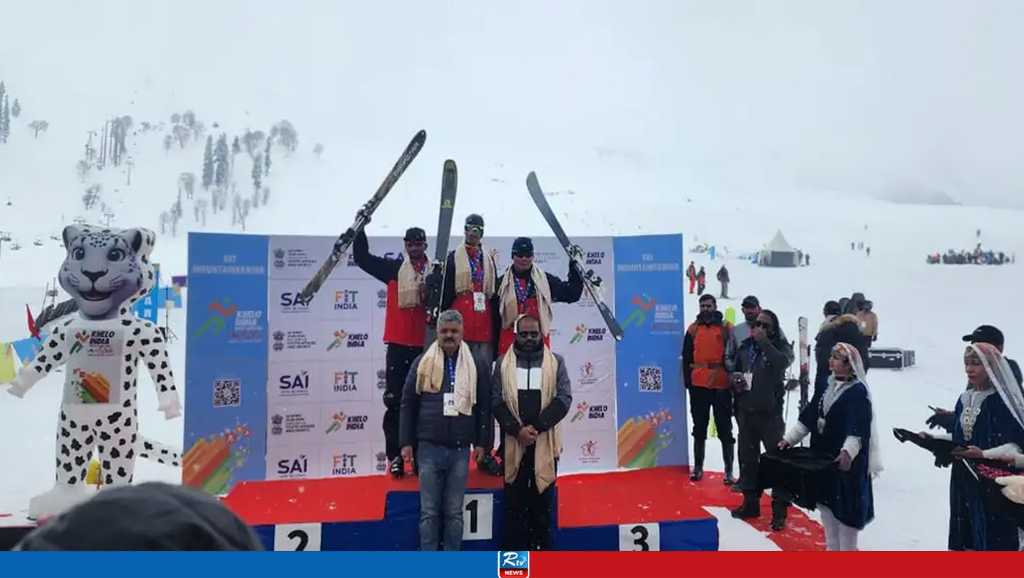
The highest number of Indian winter sports athletes ever are set to take part in international races this season, as the legacy of 2022 Winter Olympian Arif Khan continues to grow.
With 3,000 kilometers (1,864 miles) of mountain ranges, India has long had the potential to be a leader in winter sports, but a lack of governance and tradition has held it back for years.
There are still only three key resorts; Manali, a town in the Kullu Valley, Kashmir, and Auli in Uttarakhand, where the country's only International Ski and Snowboard Federation (FIS) approved ski slope is located. Auli is slated to host India's national games in 2025.
Skiing is increasing in popularity, in part because of Indian celebrities posting about Kashmir during the pandemic. Now, thanks to the committed and tireless work of three key figures, India's winter sports scene is hoping to establish itself on the world stage.
Indian winter sport waiting to be unlocked
Current chairman of the ad-hoc committee of Ski and Snowboard India (SSI) Shiva Keshavan, who in 1998 became the first Indian to compete in luge at the Winter Olympic Games, Arif Khan, and Bhavani Thekkada, the country's most successful nordic ski athlete, have been leading the charge for better governance, more funding and support.
Last year, 700 athletes competed in the Khelo India Winter Games, and the government picked up the tab. This year, three national events are on offer, development camps in Europe supported by the FIS have been arranged, and for the Asian Winter Games in China in February 2025, India are expecting to have 70 entries, 40 of which will come in skiing. The groundwork for the 2026 Olympic Winter Games in Milan, Italy, is being laid.
Bhavani Thekkada is one athlete hoping to represent India in Italy in 2026. Bhavani Thekkada is a mountaineer by trade, but after watching a movie about Eddie the Eagle at the 1988 Calgary Games, she was inspired to try skiing. It wasn't until 2020 that she first tried cross-country skiing, inspired by legendary Norwegian cross-country skier Marit Bjorgen.
During the COVID-19 pandemic, she trained in her hometown of Coorg, a hot place where India's highest coffee plantation is located. Her father set up a gym made of logs. And, in the following winter of 2021, Bhavani Thekkada won gold in 1.5-kilometer sprint in the national championships and bronze in the 10 kilometers.
"My parents had never seen snow, but I am so lucky and happy to have parents who have supported me to go for it," Bhavani Thekkada told DW.
"Four years ago, I didn't even know about cross-country skiing and now this year, in 2024, I've won gold in the 1.5-kilometer sprint, 5 kilometers and 10 kilometers. It's a good improvement in the last few years," she added modestly.
Cross-country skiing almost exclusively operates out of the Indian army, and now — thanks in part to Bhavani Thekkada's success — their best cross-country skiers are picking up points in FIS races.
Building a tradition of winter sports
"We've had challenges," Shiva Keshavan told DW. "There is no culture or tradition of winter sports in India, and with the central government in Delhi not many people there are familiar with winter sports."
Increasingly unpredictable weather and cost are hurdles, but increased support from the FIS and the government is hoping to help with the latter.
"For me to race once in Europe, it costs me a whole year of my savings," Bhavani Thekkada explained.
Despite that though, the ripple effect is being felt far and wide.
"When I was skiing, you had to walk up the mountain. You could only do two runs a day," Keshavan said with a laugh. "Now you have the gondola."
"There are a crazy number of people learning skiing in India," said Bhavani Thekkada. "In 2018, we had a handful of boys and girls signing up for training camps. Now, we have waiting lists."
Keshavan believes the increased presence in winter sports has been a boost to the development of mountain communities in India.
"When you are investing in tourism, local economy, up-skilling of people, there is an impact. Usually the winter is a non-productive part of the year, but with winter sports you are bringing something new."
Kashmir remains a key location for skiing in India, despite the uncertainty that continues to surround the region. The territory has been without a local government for the last six years, and recent violence is threatening the peace in the long-troubled region. Recently elected Chief Minister Omar Abdullah wants to see the restoration of the region's autonomy.
"The political situation has improved a lot," said Keshavan. "It's safe. There is still a decent amount of security presence in the region, but there is a lot of tourism which has taken off. Local people like that because it brings wealth for the local communities."
Next generation ready to seize their chance
Keshavan hopes to have an even bigger Indian team in Milan in two years time, and for the team to be even more competitive in France in 2030.
Bhavani Thekkada believes Indian skiers have a chance to be at their FIS World Cup in five years. In two years, she wants to be in Milan, and in doing so she will continue a growing legacy.
"I never thought about competing in the Olympics, but when I won my gold [in the 2021 national championships], I was invited into schools as a guest lecturer," Bhavani Thekkada said.
"I had younger kids telling me they wanted to be like me. That made me think. I was earning good money, but I was doing it for myself."
"But being a sportsperson I have a voice for so many people, I can support young athletes. That's why I decided to go for the 2026 Olympics, and whatever happens, my journey will be an example for the next generation."
Comments
U-19 Women's Asia Cup: / Bangladesh's Dream Shattered by Loss to India
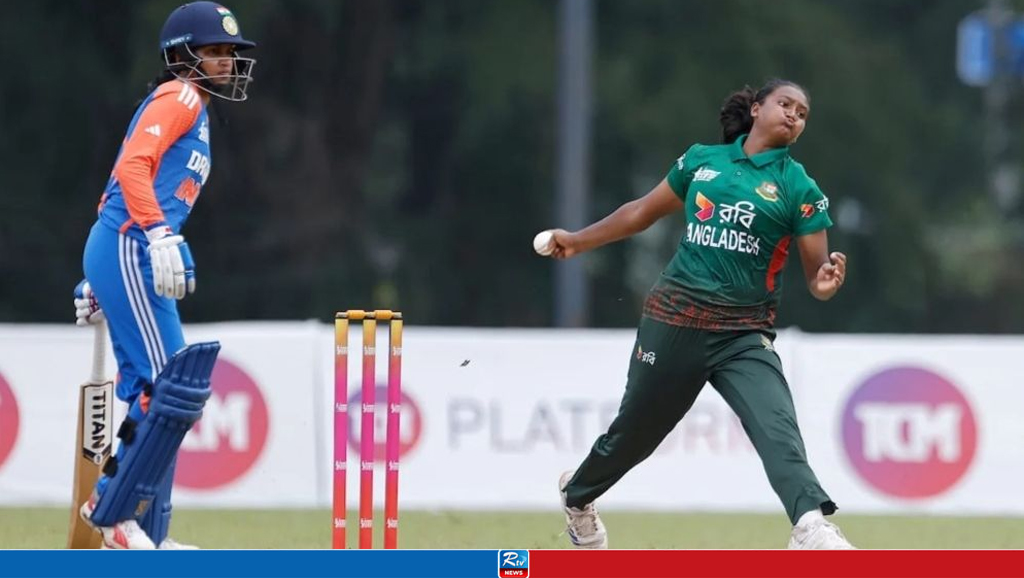
BPL Music Fest: Ticket Prices Drop to BDT 500
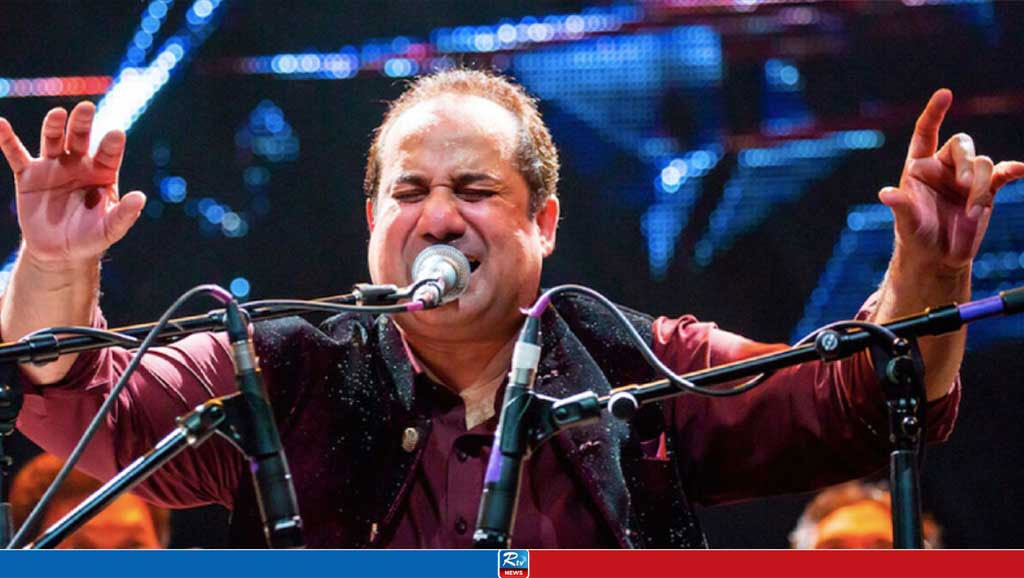
BPL Kicks Off with a Music Fest, Mirpur Gets a New Look
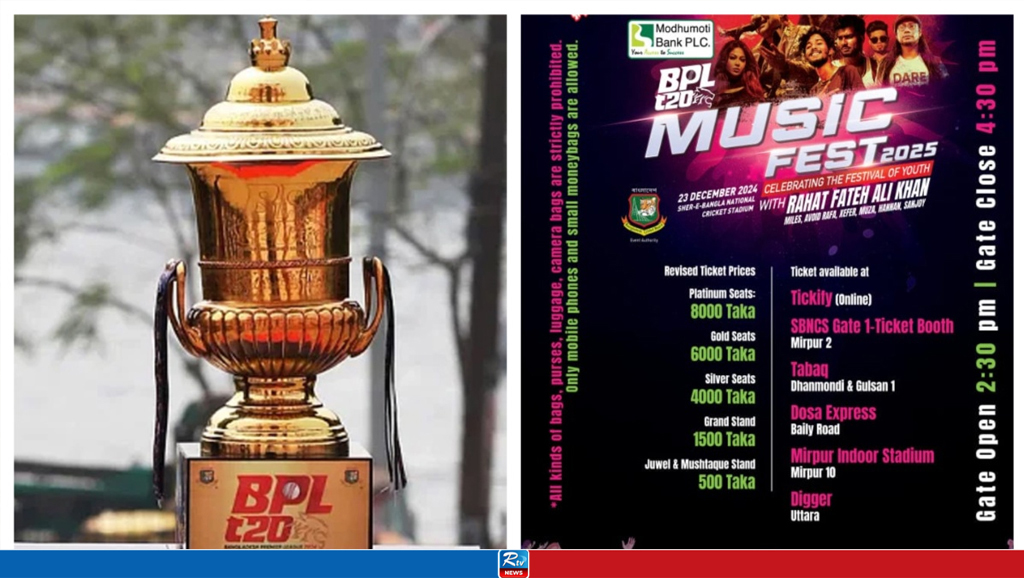
BPL Fever Kicks Off: Full Schedule Announced
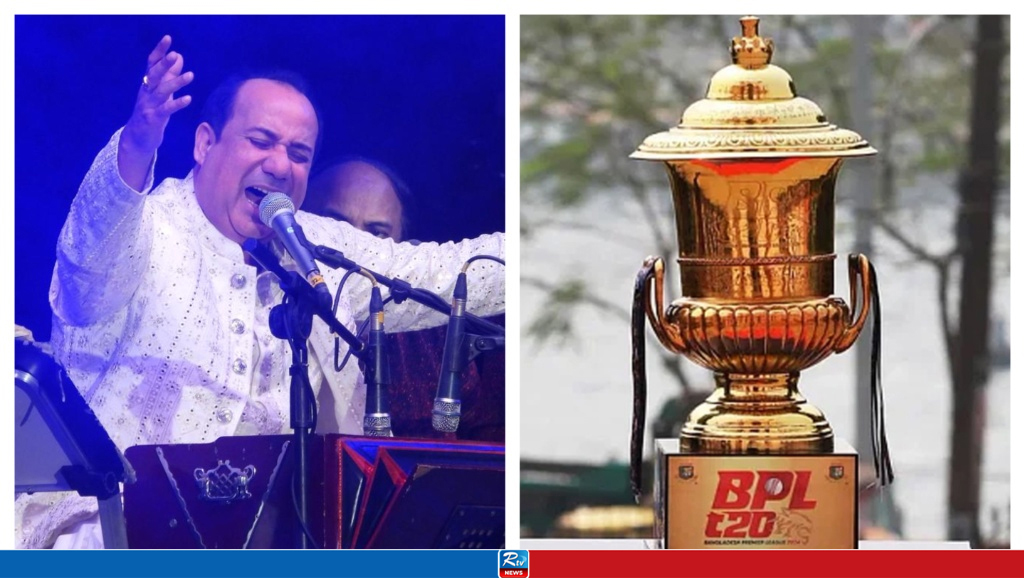
Proper Trial of Hasina Depends on Her Repatriation: Tajul
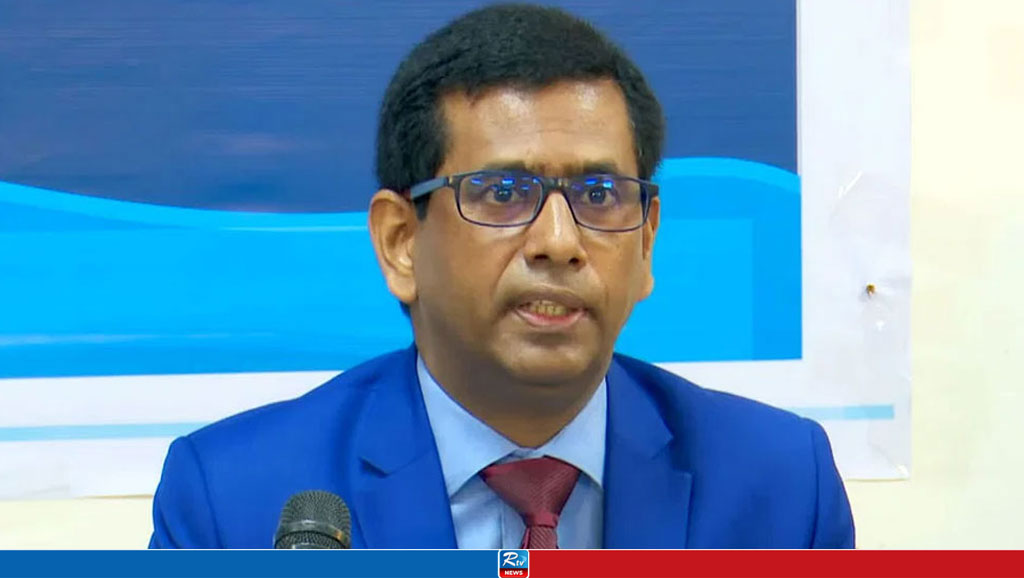
BPL Begins on Monday: A Glimpse at the Squads of 7 Teams

New Zealand Fight Back to Beat Sri Lanka by 8 Runs in First T20
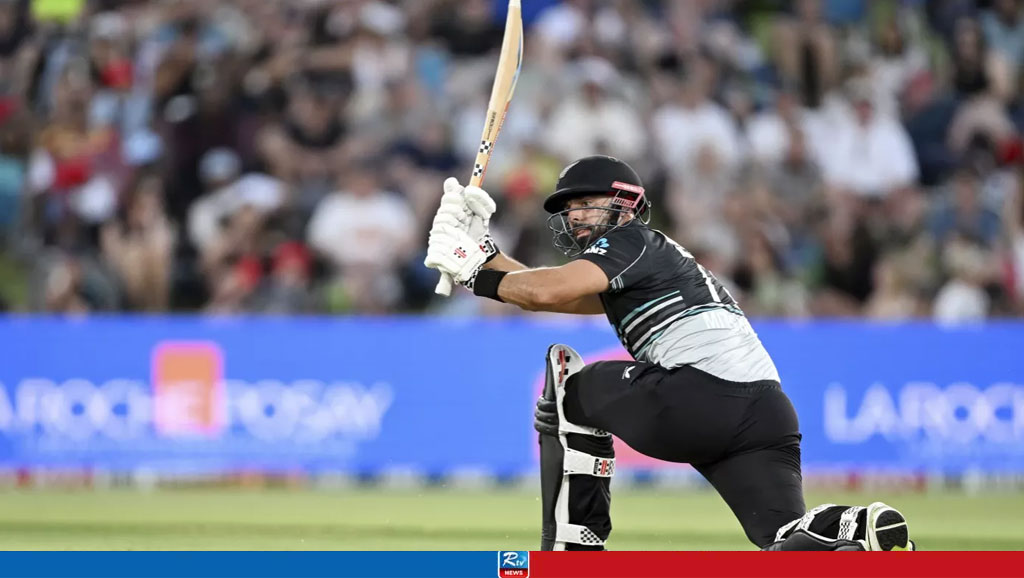

 Live Tv
Live Tv

